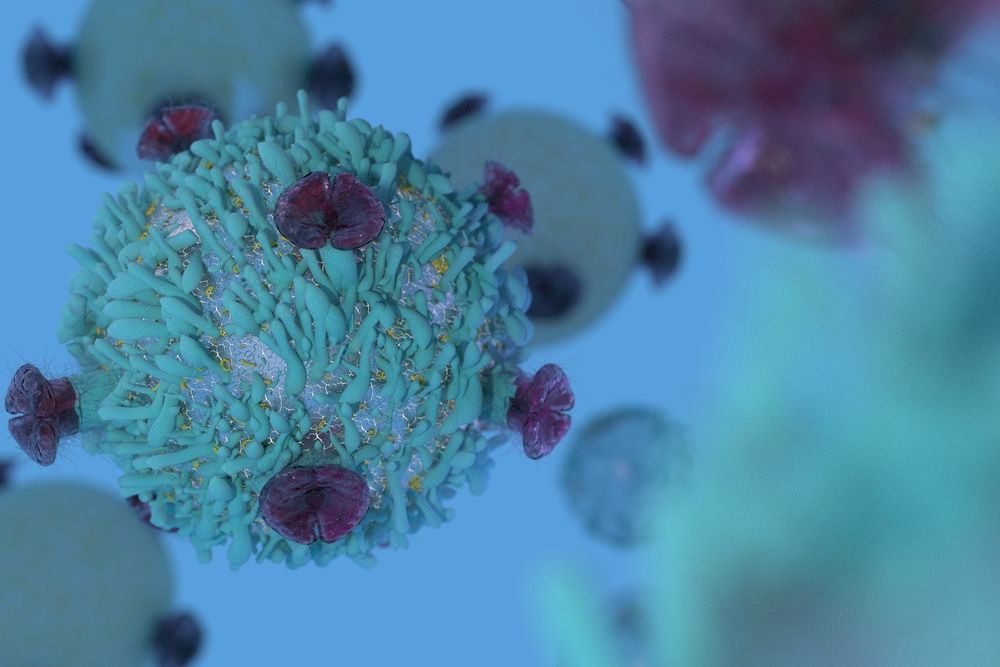Neutralising reactive nitrogen species to make immunotherapy more effective.
Researchers at the University of Notre Dame discovered that amino acid nitration can inhibit the activation of T cells employed in immunotherapy against cancer and that suppression of reactive nitrogen species (RNS) responsible for nitration can significantly boost the effectiveness of immunotherapy [1].
Abstract
Potent immunosuppressive mechanisms within the tumor microenvironment contribute to the resistance of aggressive human cancers to immune checkpoint blockade (ICB) therapy. One of the main mechanisms for myeloid-derived suppressor cells (MDSCs) to induce T cell tolerance is through secretion of reactive nitrogen species (RNS), which nitrates tyrosine residues in proteins involved in T cell function. However, so far very few nitrated proteins have been identified. Here, using a transgenic mouse model of prostate cancer and a syngeneic cell line model of lung cancer, we applied a nitroproteomic approach based on chemical derivation of 3-nitrotyrosine and identified that lymphocyte-specific protein tyrosine kinase (LCK), an initiating tyrosine kinase in the T cell receptor signaling cascade, is nitrated at Tyr394 by MDSCs. LCK nitration inhibits T cell activation, leading to reduced interleukin 2 (IL2) production and proliferation.
